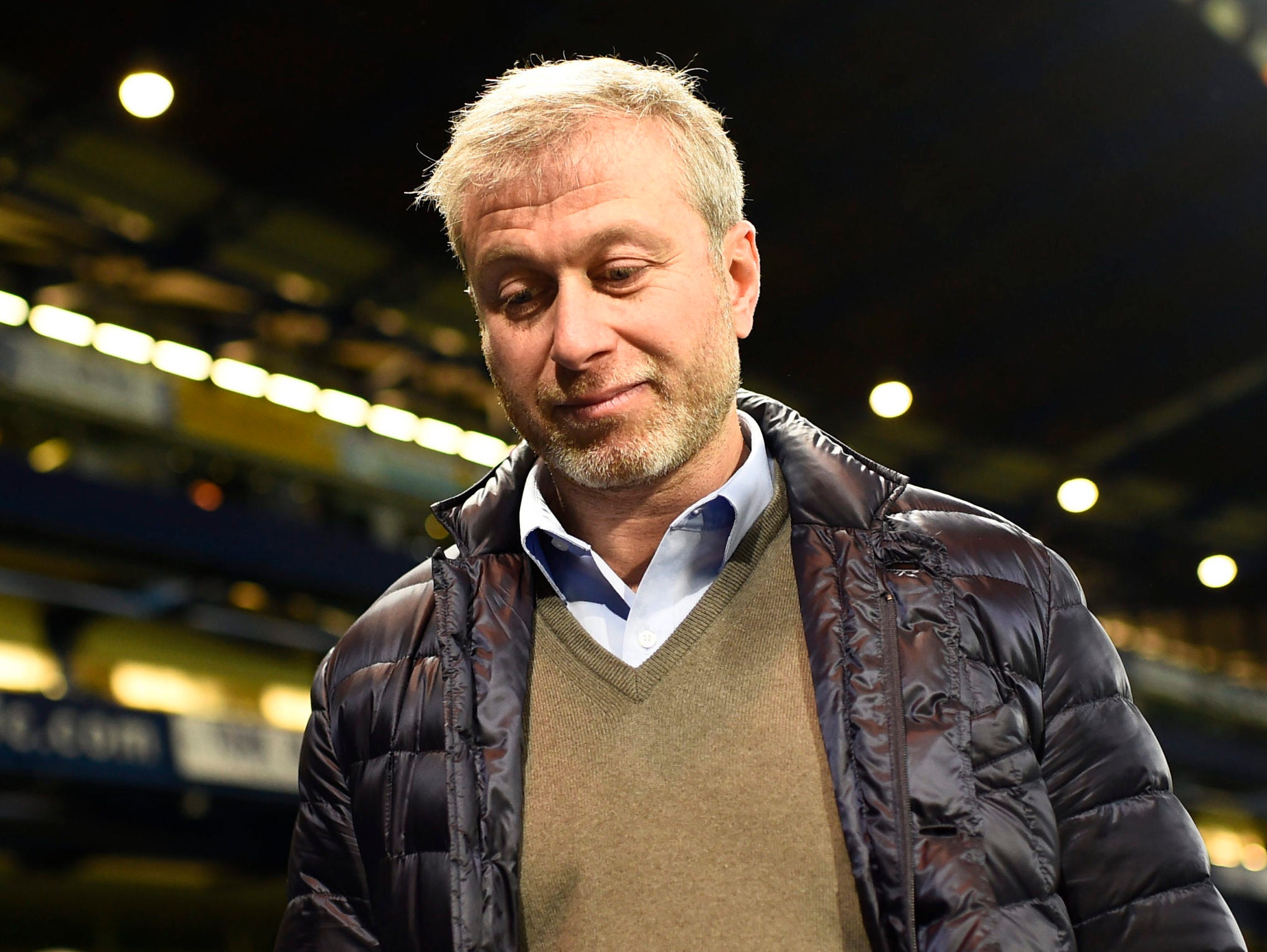
Roman Abramovich’s lawyers have denied that there was any “coordination” between his High Court libel claim and those brought by two other Russian businessmen over a book about Vladimir Putin’s presidency.
The 54-year-old billionaire is suing journalist Catherine Belton over her best-selling book Putin’s People: How The KGB Took Back Russia And Then Took On The West, which was published by HarperCollins last April.
Belton, the former Moscow correspondent for the Financial Times, alleges Abramovich’s £150 million purchase of Chelsea FC in 2003 was “directed” by the Russian president, which Abramovich (pictured) strongly denies.
Announcing the legal action in March, Abramovich said Putin’s People “contains a number of false and defamatory statements about me, including about my purchase, and the activities, of Chelsea Football Club”.
Belton is also being sued for libel by Russian state-owned energy giant Rosneft, while Russian businessman Mikhail Fridman, 57, brought a similar claim against HarperCollins over Putin’s People.
Petr Aven, 66, the head of Russian lender Alfa-Bank, also brought a data protection claim against HarperCollins over the book.
But the court heard that Fridman and Aven have settled their claims against the publisher during the course of Wednesday’s hearing at the Royal Courts of Justice in London.
Barrister Hugh Tomlinson QC, who represents Fridman and Aven, as well as Abramovich, said the pair “have reached an accommodation with HarperCollins”, whereby the publisher has “agreed to remove effectively all the material on which the actions are based from future editions of the book”.
HarperCollins will also apologise for not having approached them before publication, Tomlinson added.
The publisher will also “publish a statement on their website” confirming the settlement, the court heard.
At a two-day hearing, Mrs Justice Tipples is being asked to determine the “natural and ordinary” meaning of the allegations about Abramovich and Rosneft.
Tomlinson said there was “no relationship” between his clients’ claims, saying he was instructed to act for the trio “coincidentally and entirely independently”.
Tomlinson added: “There is not any kind of coordination between these claimants.”
The barrister also rejected the suggestion the claims were an “attack on free speech and public interest journalism”, arguing the book “holds itself out as a serious work of contemporary history, but unfortunately it repeats lazy inaccuracies”.
His barrister Hugh Tomlinson QC told the High Court on Wednesday that readers of the book would conclude that Abramovich “had been used as the acceptable face of a corrupt and dangerous regime”.
Tomlinson argued that Putin’s People said Abramaovich was “part of a scheme to corrupt the West … aimed at building a block hold in the UK for Russian influence”.
A reader of the book would conclude that “rather than being interested in football, he was just doing the president’s bidding to infiltrate British society”, Tomlinson added.
In written submissions, Tomlinson said the book “states in terms” that Abramovich bought Chelsea “to corrupt and manipulate the British elite” – an allegation he described as “serious and sensational”.
He also said the description of Abramovich as the “cashier” to the family of former Russian president Boris Yeltsin, and later to Putin, meant his client was portrayed as “clearly corrupt”.
But Andrew Caldecott QC, representing Belton and HarperCollins, pointed out that the reference to Abramovich being a cashier was “in quotation marks, suggesting it is someone else’s observation”.
He argued that readers of Putin’s People would believe that “there are grounds to suspect Mr Abramovich was acting at the Kremlin’s direction” when he bought Chelsea, not that he definitely was.
Caldecott also told the court that the book “records a firm denial from a ‘person close to Abramovich’” that he bought Chelsea on Putin’s orders.
The hearing before Mrs Justice Tipples is due to conclude on Thursday and it is expected that judgment will be reserved.
According to the Law Society Gazette, a group of around 15 journalists struggled to get access to Wednesday’s hearing when they were told only a PA journalist could sit in court due to social distancing.
The group was sent to the upstairs public gallery where they were turned away due to a lack of socially-distanced seating. They then requested the video link to the hearing before this was denied by the judge. Eventually they were able to secure entry in time for Tomlinson’s submissions.
Picture: Reuters / Dylan Martinez / Livepic
Email pged@pressgazette.co.uk to point out mistakes, provide story tips or send in a letter for publication on our "Letters Page" blog
